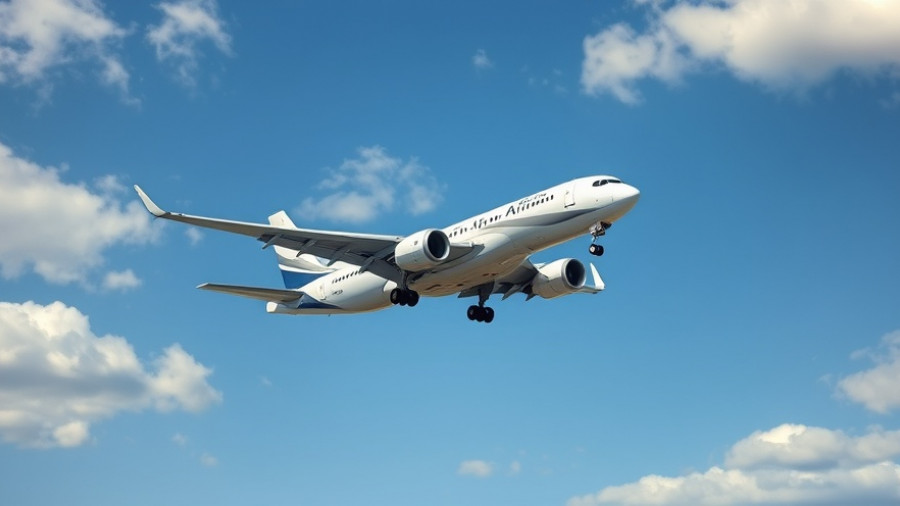
Understanding the True Costs of Air Travel
Booking that seemingly cheap airline ticket can sometimes lead to unexpected costs that balloon the price beyond what you anticipated. Just recently, many travelers have found themselves in situations where a fare advertised at fifty dollars quickly escalates to nearly triple that due to 'hidden' fees. So what exactly are these extra charges that leave us feeling duped, and how can we navigate them?
Decoding the Hidden Fees
When exploring the cost of airline tickets, it’s essential to recognize that the base fare is just the starting point. Much like building your own pizza, the initial cost gets you the crust — or the seat on the plane — while everything else, including checked bags, seat selection, and luggage size, can significantly increase the cost.
Here are some common places where airlines typically hide fees:
- Carry-on vs. Personal Item: Many airlines differentiate between a personal item (a small bag) and a carry-on that fits in overhead bins, often charging extra for the latter. Always confirm what your fare includes before proceeding.
- Checked Baggage: Keep an eye on size and weight limits. Your bargain fare might not cover checked bags or only gives you bare-bones allowances. Paying for checked bags during the booking process is typically cheaper than doing so at the airport.
- Seat Selection Fees: If you want to pick a specific seat, you may need to pay a premium. Various airlines charge differently based on proximity to exits or the middle isle.
The Business of Fees: Why Airlines Charge
Airlines have learned to 'unbundle' services — essentially, offering lower base fares but charging extra for services that many travelers expect as standard. While this can lead to a more flexible model for some passengers, others are caught off guard when they end up paying much more than anticipated. With many customers prioritizing low costs over total transparency, airlines maximize profits through these add-on fees.
Strategies for Avoiding Extra Costs
To secure the best deals while avoiding unexpected fees, consider these strategies:
- Book Early: Booking in advance gives you a better chance to understand total costs, including baggage and seat selection, minimizing any surprises.
- Check Different Airlines: Some airlines still bundle certain services into their base fares, so comparing various options before booking can lead to significant savings.
- List Your Needs: Before you book, make a checklist of what you need - like the number of checked bags or whether you require meals. This will help you better assess total ticket value.
Conclusion: Make Informed Choices
As you embark on your next travel adventure, remember that making informed choices regarding airline fees can result in happier trips at a fraction of the cost. Take the time to research and compare what each airline is really offering beyond the base price, and prepare yourself to travel smarter and more economically.
 Add Row
Add Row  Add
Add 




Write A Comment